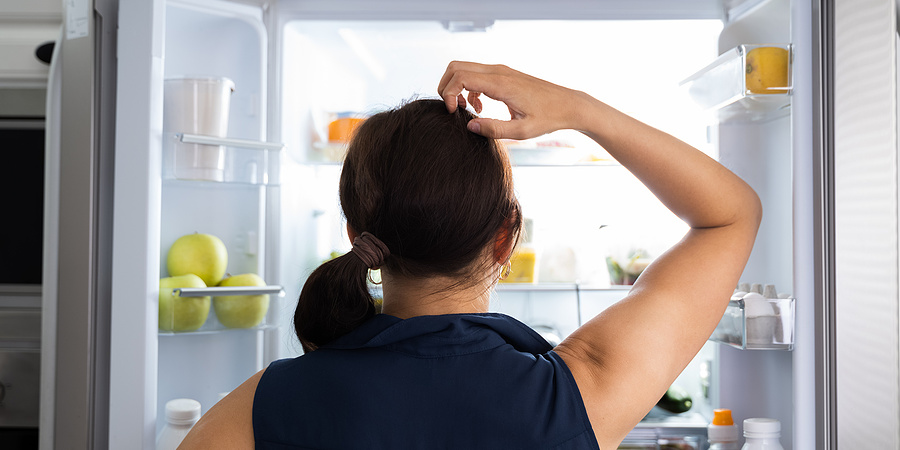Quids in! joins the campaign to cut down on food waste, saving our world and our pennies
Hugh Fearnley-Whittingstall is used to a good fight. But he admits that the challenge of taking on food waste is an even bigger one.
Recently, he’s been taking on the big supermarkets, demanding they reduce the amount they send to landfill. But, like charity, reducing food waste begins at home.
It’s not just the pennies we’d be saving. It takes a lot of fresh water to raise crops and rear livestock – all wasted when we bin the goods. About 45 trillion gallons of fresh water is wasted this way. To get it from the ground to the shops takes a lot of haulage, usually meaning heavy trucks guzzling plenty of fuel. As wasted food rots, it releases methane, a greenhouse gas which adds to global warming. In a similar vein, when farmed produce uses space that could be woodland, breathing life back into the air. Add to that, our leftovers are polluting 900 million hectares around the world.
We throw away a whopping seven million tonnes of food and drink every year, and more than half of this is food and drink we could have eaten. This costs the average household £470 a year, rising to £700 for a family with children. That’s pretty much £60 a month.
“We’ve lost the sense of responsibility for our actions, and of trusting our own resources, our nose and our common sense,’ says Hugh, adding: “Use-by sounds like an order. It makes people think that at midnight on the 29th, something’s going to go from a perfectly safe food to a deadly poison. Of course, it isn’t like that.”
Hugh’s Top Ten Tips For Your Fridge To Help You Stop Wasting Food
- A lot of fresh produce (sadly) comes in plastic bags at the supermarket, particularly salad, herbs, carrots and parsnips. They are best kept in the packaging until you want to use them.
- Mushrooms will sweat and rot if left in plastic so transfer them to the fridge in a paper or cloth bag.
- Potatoes should not be kept in plastic either. Store your spuds in paper, cloth or netting, in a dark, cool place, but not the fridge.
- If you’ve used half a bunch of herbs, trim the stems of the rest, put in a jug of water and store in a cool place or the fridge.
- If your salad or spinach leaf is a bit limp dunk it in a bowl of iced water for a few minutes and it will be magically revived.
- Don’t bin the skins! Potato, beetroot, parsnips and carrot peelings can be turned into delicious veggie crisps. Make sure they’re clean (it’s easiest to scrub them well before peeling!) then toss with oil, season and roast on a baking tray for about 12 minutes at 200C/gas 6.
- Preserve ripe bananas by keeping them in the fridge. The skins will blacken but the flesh will be fine.
- Softening berries can be crushed, (and sieved if they’re pippy), then combined with honey and yoghurt, poured into lolly moulds and frozen for a healthy treat.
- Found yourself with strawberries just past fresh? Make ‘raw jam’ by slicing them, squeezing over some lemon juice and sprinkling on some sugar. Leave for half an hour or so and the juices will form a delicious syrup on the fruit.
- Freeze hard cheese! In fact, freeze any dairy product that’s going out of date (except soft cheese). Butter, cream, milk and hard cheese can all be frozen then defrosted and used as normal.
Join the Twitter campaign. Search #wastenot




